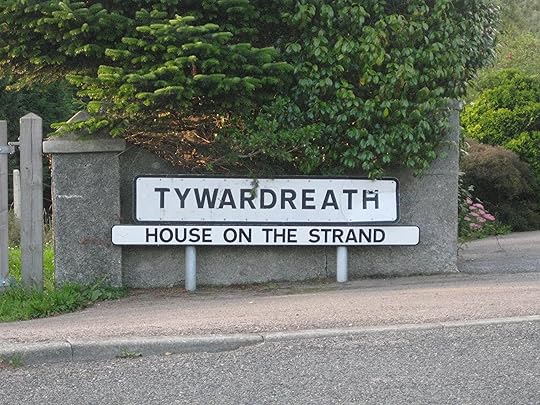What do you think?
Rate this book


316 pages, Hardcover
First published January 1, 1969


I was one of them, and they did not know it. I belonged amongst them, and they did not know it. This, I think, was the essence of what it meant to me. To be bound, yet free; to be alone, yet in their company; to be born in my own time yet living, unknown, in theirs.du Maurier's tale of morbid obsession is several things: a gloomy treatise on addiction and how it disintegrates the world of the addicted; a romantic paean to Tywardreath in Cornwall, close to where the author herself lived; a surreal story of time travel and remote viewing; and most surprisingly, a sharp smack in the face for any who prefer dreaming to actual life. The novel is both fascinating and off-putting. An experience rich and sour, similar to her collection of short stories, Don't Look Now.
The trouble was, some inner core within had been untouched, lain dormant, waiting to be stirred. I could not share with her or anyone the secrets of my dangerous new world.
https://wordpress.com/view/carolshess...